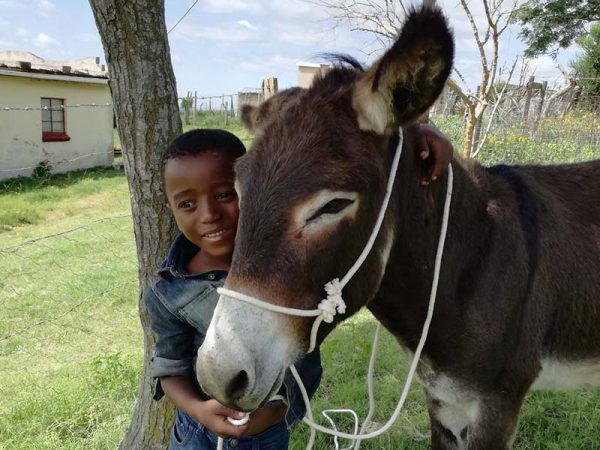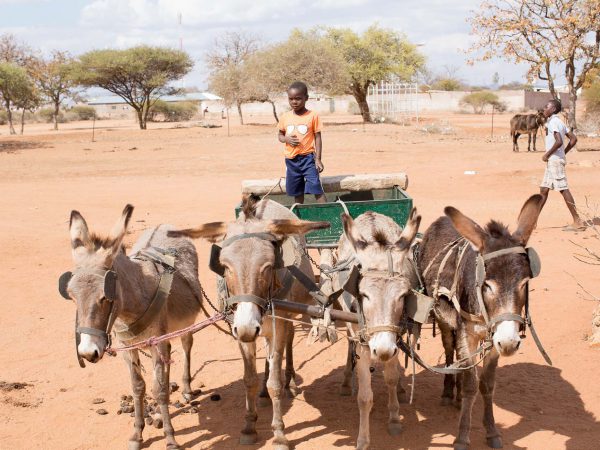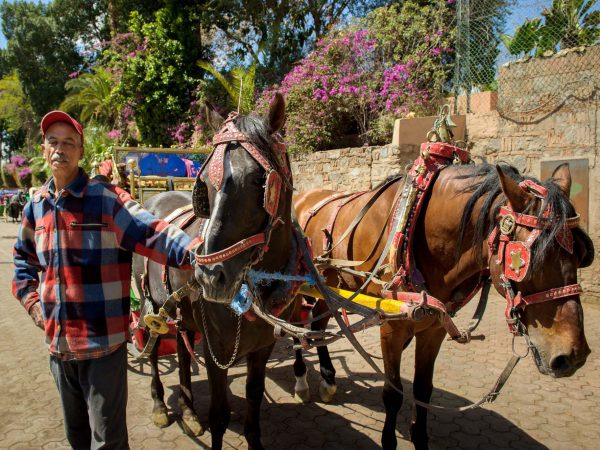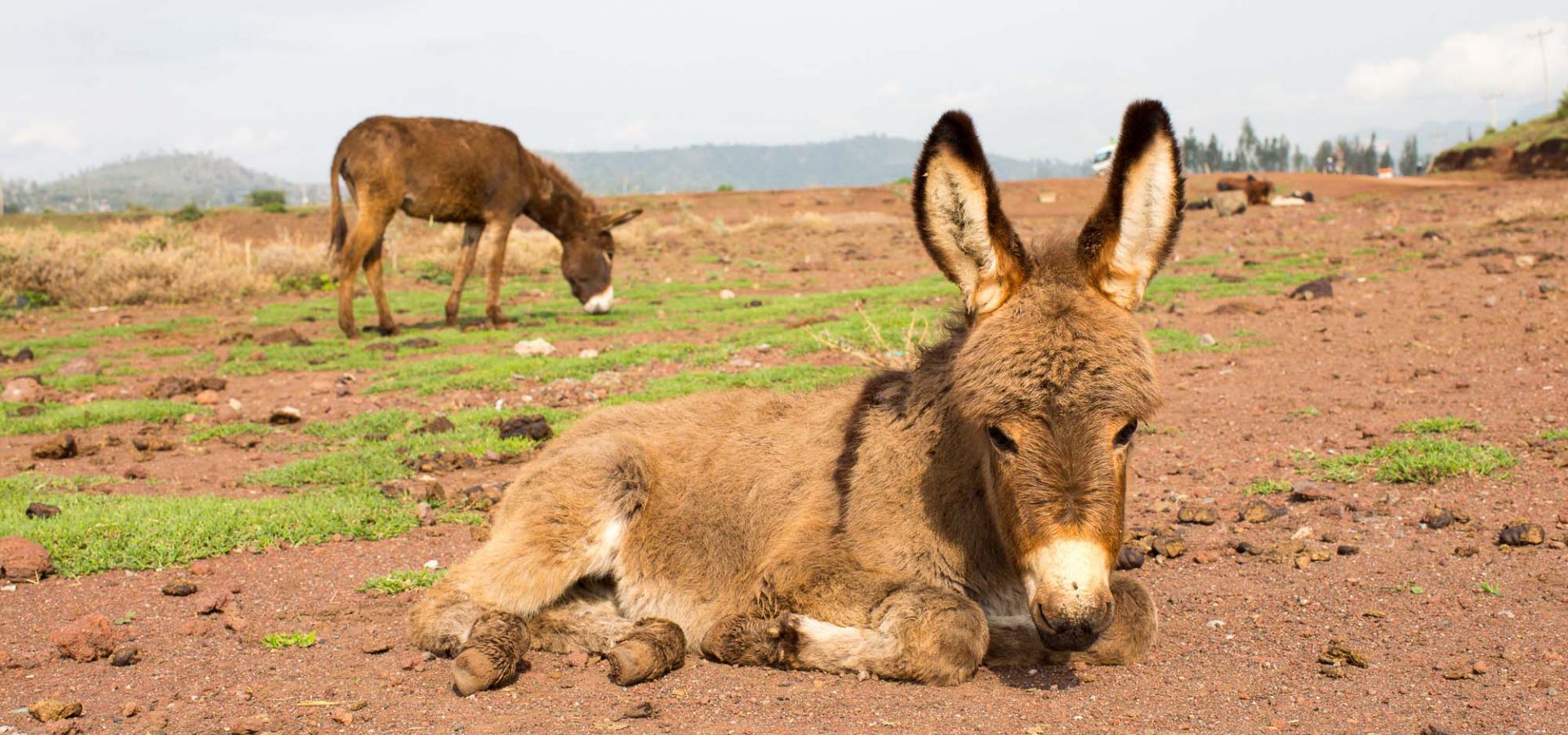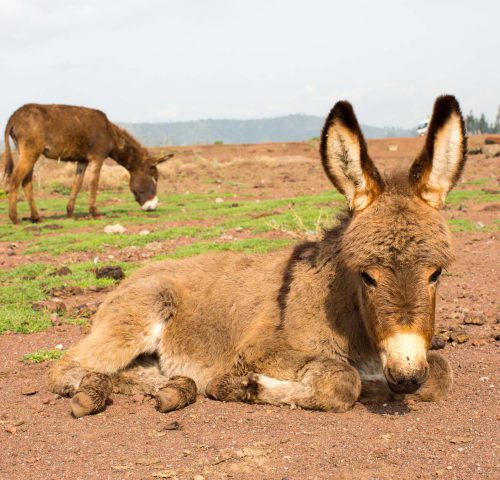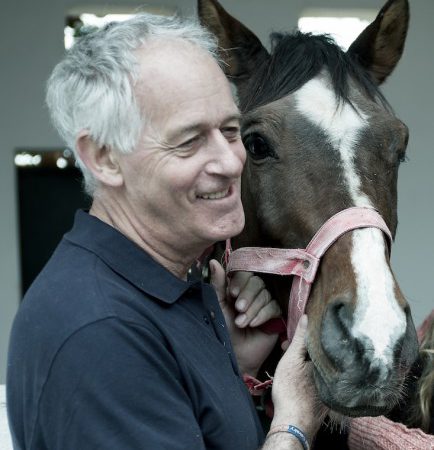We rightly think first of the many men and women that died in those conflicts, but that should never prevent us from also sparing a thought for the enormous suffering endured by those animals that suffered and often died in battle.
Eight million working horses lost their lives during the First World War alone, along with countless donkeys and mules. It’s an astonishing and sobering statistic.
Back in 2004 when the memorial was unveiled, there was little press interest. But the sacrifices made by working animals during the First World War have recently been brought to a much wider public with the play (and now film) War Horse. The success of the play both here in the UK and across the world brought the suffering of these noble animals to a global audience.
Today animals continue to be used in conflict, albeit to a lesser extent. Yet animals still suffer in conflicts right across the world; with the war reporters focusing their attention elsewhere, the suffering of animals is largely ignored.
At SPANA we’re known for getting help to animals whenever and wherever we’re needed, and we’ve found ourselves working in some of the bloodiest and most brutal conflicts of recent years, getting help to the forgotten victims: the animals.
When the bombs were falling on Kosovo in the 1990s, SPANA was there. Retreating soldiers used cattle as target practice, spraying them with gunfire. The results were horrific. SPANA, with support from the Ministry of Defence, flew out to Kosovo. Our vets were first on the scene, removing the bullets and relieving the suffering of these animals. On my return to the UK I was interviewed for Channel 4 television news, highlighting the plight of these poor creatures.
Animals are not only collateral damage, of course. Sometimes they’re actually a cause of conflict. In the isolated deserts of northern Kenya, drought and climate change have fuelled ongoing tribal conflicts between pastoralists. In this barren region, animals are the difference between life and death. During drought, when most of the herd can be lost, conflict can worsen as tribes fight to take ownership of the remaining animals. SPANA has worked in the region for years now, supporting the building of dams that will provide water for animals during even the worst droughts, easing their suffering and tackling the causes of conflict.
Across the border in Darfur, in one of the bloodiest conflicts of recent years, SPANA also helped support pastoralists.
Working animals often suffer terribly during conflict, but so too do their owners, who are often amongst the poorest people in their society. The majority of Afghanistan’s rural poor depend on working animals for their livelihood, yet when SPANA arrived in Helmand, one of the most difficult and dangerous provinces in the country, 1.5 million people had no access to trained veterinary professionals. In 2010, SPANA worked to rebuild that shattered infrastructure, training animal health workers and equipping them with worming and vaccination kits.
Though our work in Afghanistan and Iraq has now come to an end, new conflicts in Africa and the Middle East are now of real concern. Many of the previous conflicts in which SPANA operated were beyond the reach of our core programmes, so we worked with partner organisations to get immediate help where it was needed. Today’s conflicts are much closer to home, in and around those countries where SPANA has permanent operations. As I write, the situation in Mali, which has endured civil war and a military coup in recent times, seems far from stable. Yet I am constantly impressed by the bravery of SPANA teams in making sure our vital work continues.
History has shown that conflict and war will always disproportionately affect the most marginal and the poorest communities, those most likely to rely on animals for their livelihoods. These animals are the forgotten victims and too often their suffering goes unheeded. But, thanks to your kind support, SPANA is there to help. Because if we can’t help, who will?
